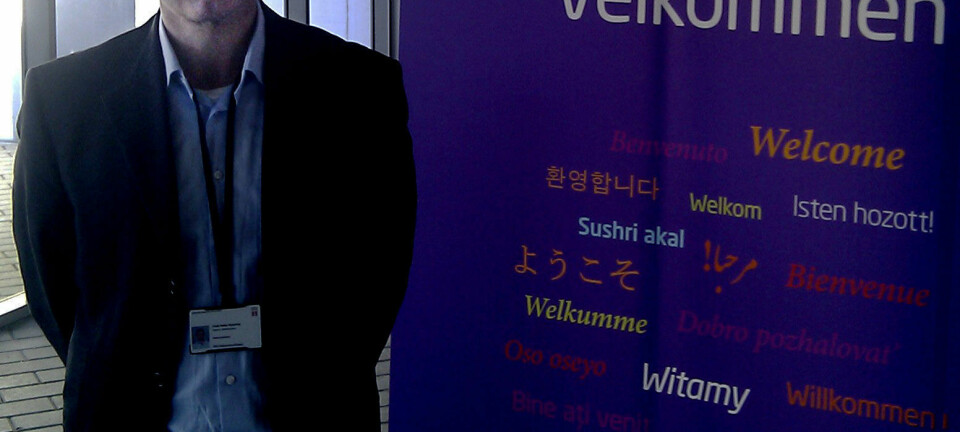
Can young networkers revolutionise science?
A new generation of scientists is reinventing research in networks that are driven by raw passion. The industry is watching on the sidelines keen to get on the bandwagon.
Scientific research is starting to take on an entirely new shape.
Across the world, young and old researchers are meeting in so-called hackerspaces, where they create knowledge in networks based entirely on shared passion. Here, they try to come up with innovative solutions to problems, conducting research in its purest form – detached from business interests and university bureaucracy.
Meanwhile, established businesses are watching on the sidelines. The foundation underlying old, dusty business strategies is starting to collapse, as the companies are starting to realise that the future lies in these flourishing networks.
In an attempt to prepare for the future, Danish industrial biotechnology firm Novozymes recently set up a PhD project, which aims to help the company understand and build bridges to the emerging research networks.
The underground is buzzing. It may be difficult to assess the quality and the standards, but there is a whole lot going on – and with the current technological development as a catalyst, these advances will not be easy to hold back.
The project is carried out by Alfred Birkegaard Hansted, a philosopher, who is affiliated with Novozymes and Roskilde University, Denmark.
”For better or for worse, the future belongs to young researchers who have grown up with the ‘here and now’ mentality found in social networks. The do not have the patience required for the dull routines used by universities and the industry. So they explore other ways of doing research, which increasingly consists of creating and sharing knowledge in networks,” he says.
New generation – new research
The new generation of scientists practices a form of network-based underground research. These networks go under names such as ‘edu-punk’, ‘garage science’, ‘popup biz’ and ‘hackerspaces’.
A common characteristic of these networks is that everyone regardless of educational background can join in, and that national networks are often linked up with international networks.
The ’open source’ strategies in these networks have the effect that research results are tested and published much quicker than they normally would.
”The underground is buzzing. It may be difficult to assess the quality and the standards, but there is a whole lot going on – and with the current technological development as a catalyst, these advances will not be easy to hold back,” says the researcher.
Understanding the dynamics of these networks is one of the primary objectives of Hansted’s project.
There are currently more than 350 hackerspaces around the world, with the Berlin-based ‘Chaos Computer Club’ (CCC) and the American Noisebridge being the largest.
Complex problems solved in days, rather than years
According to Hansted, knowledge sharing and online collaborations are set to become a significant part of future research.
”There can hardly be any doubt that 200,000 people who share knowledge in a loosely-linked network can achieve results much faster than a single researcher who is hunched over a microscope from nine to five.”
------------------------
Read the Danish version of this article at videnskab.dk







